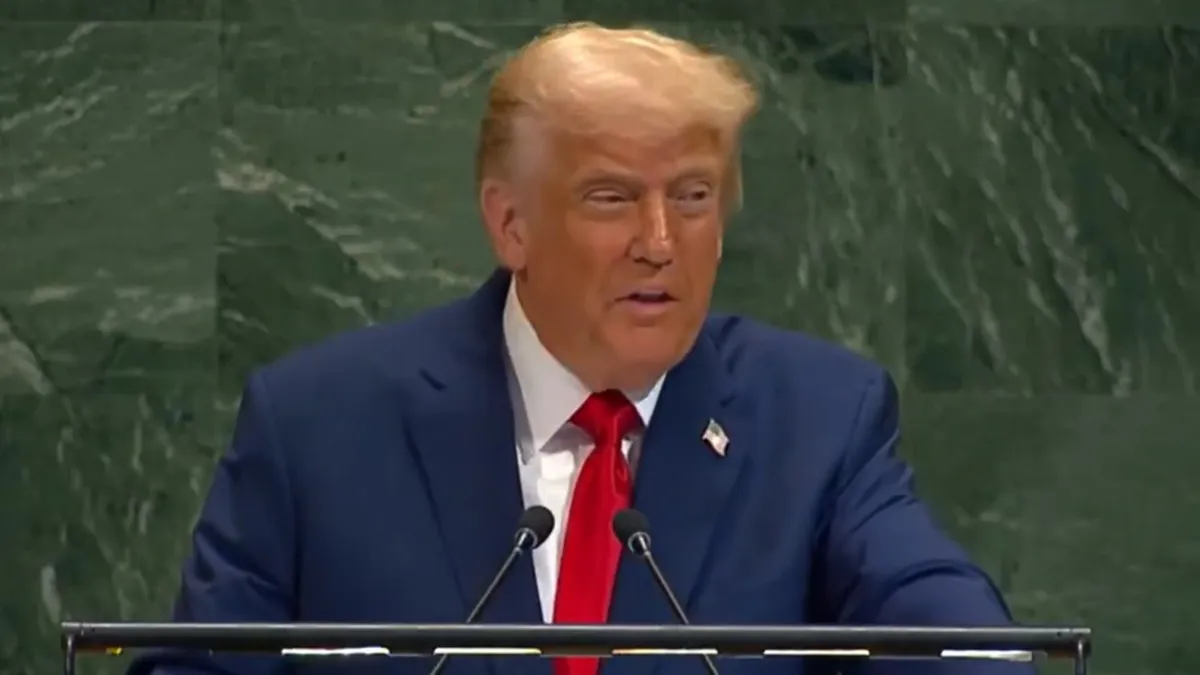Germany-Italy policies focus on Israel's security
Germany and Italy's stand on the Palestinian State: Recently, several European countries have recognized Palestine as an independent nation. This move not only impacts the politics of West Asia, but also raises questions about European unity and its foreign policy. This is especially true since major European countries like Germany and Italy have yet to recognize Palestine. This situation indicates that a fault line within Europe is deepening.
What is Germany's argument?
Recognizing Palestine is not merely a diplomatic formality, but also a political message. Many European countries want to demonstrate their support for a just solution to the long-standing dispute between Israel and Palestine. They consider the two-state solution the only path to peace. However, Germany and Italy have a different view. Germany argues that recognizing Palestine at this time will not help the peace process but could further exacerbate Israel's security concerns. Italy, meanwhile, shares a similar argument and is adopting a cautious stance, given its historical ties with Israel.
Internal Politics and Pressure in Europe
Subjectively, two strands of politics are operating within Europe regarding Palestine. One is the pro-Palestine faction, which includes countries like Ireland, Spain, Norway, and Slovenia, who believe that recognizing Palestine will provide justice to the oppressed and put pressure on peace talks. The other is the anti-Palestine or neutral faction, which includes Germany and Italy, who prioritize Israel's security argument and maintain alignment with US policy.
Is Europe Still Not Fully United?
The decision to recognize Palestine is not just a West Asian issue, but also a reflection of Europe's unity and diplomatic direction. The actions of Germany and Italy demonstrate that Europe is still not fully united. Therefore, it would not be wrong to say that the Palestine issue has exposed Europe's fault lines. It's also worth noting that the European Union (EU) consistently describes itself as the "biggest advocate of human rights and democracy," but its unity appears to be fraying on the Palestinian issue.
Is a new "fault line" forming in Europe?
The disagreement over Palestine highlights the deepening rift within Europe. This can also be seen in the fact that some countries in Western Europe adopt a more liberal stance, while those in Central and Eastern Europe are relatively pro-American and pro-Israel. Some countries seek to project an image of protecting human rights by recognizing Palestine, while others prioritize security and geopolitics. Furthermore, if this situation continues, the "unified voice" of the EU's foreign policy will weaken, and each country may choose to pursue its own path.
How many countries have recognized Palestine?
So far, 152 countries, including France, Australia, Canada, Britain, and Saudi Arabia, have recognized Palestine. Thus, approximately 78 percent of the United Nations' total membership has recognized Palestine. India recognized Palestine as early as 1988, while Israel, the United States, Italy, Japan, and some other countries have not.













Comments